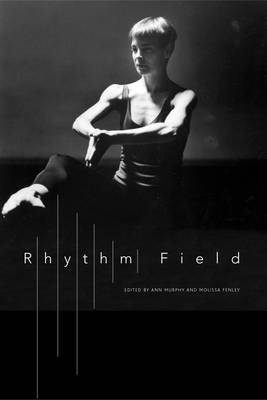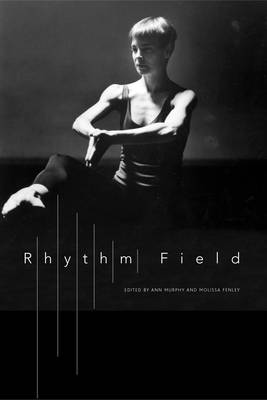
Nos liseuses Vivlio rencontrent actuellement des problèmes de synchronisation. Nous faisons tout notre possible pour résoudre ce problème le plus rapidement possible. Toutes nos excuses pour la gêne occasionnée !
- Retrait gratuit dans votre magasin Club
- 7.000.000 titres dans notre catalogue
- Payer en toute sécurité
- Toujours un magasin près de chez vous
Nos liseuses Vivlio rencontrent actuellement des problèmes de synchronisation. Nous faisons tout notre possible pour résoudre ce problème le plus rapidement possible. Toutes nos excuses pour la gêne occasionnée !
- Retrait gratuit dans votre magasin Club
- 7.000.0000 titres dans notre catalogue
- Payer en toute sécurité
- Toujours un magasin près de chez vous
47,95 €
+ 95 points
Description
Molissa Fenley, one of the most influential artists of postmodern dance, has had a lasting impact on performance. In dance, she has explored extreme effort and duration in highly crafted patterns and performed with an explosive, joyous energy that infused her work with endurance, balance, and life force. She challenged modern dance orthodoxy and redefined the character of a woman's moving body in the late twentieth century, bringing postmodernized ritual to the stage. Rhythm Field is a vivid and probing portrait of Fenley's four-decade career, written by her fellow artists. The collection functions as a multifaceted look into one woman's complex performing arts legacy. The result is itself an aesthetic undertaking that investigates the ways in which Fenley straddles dance traditions, art genres, and gender norms and has been a model to the field. The collection offers several scholarly analyses of the choreographer's work, and is, above all, a vibrant record from the field. Rhythm Field sits at a necessary midpoint between criticism and scholarship.
Spécifications
Parties prenantes
- Auteur(s) :
- Editeur:
Contenu
- Nombre de pages :
- 184
- Langue:
- Anglais
- Collection :
Caractéristiques
- EAN:
- 9780857422194
- Date de parution :
- 15-08-15
- Format:
- Livre broché
- Format numérique:
- Trade paperback (VS)
- Dimensions :
- 154 mm x 234 mm
- Poids :
- 290 g







